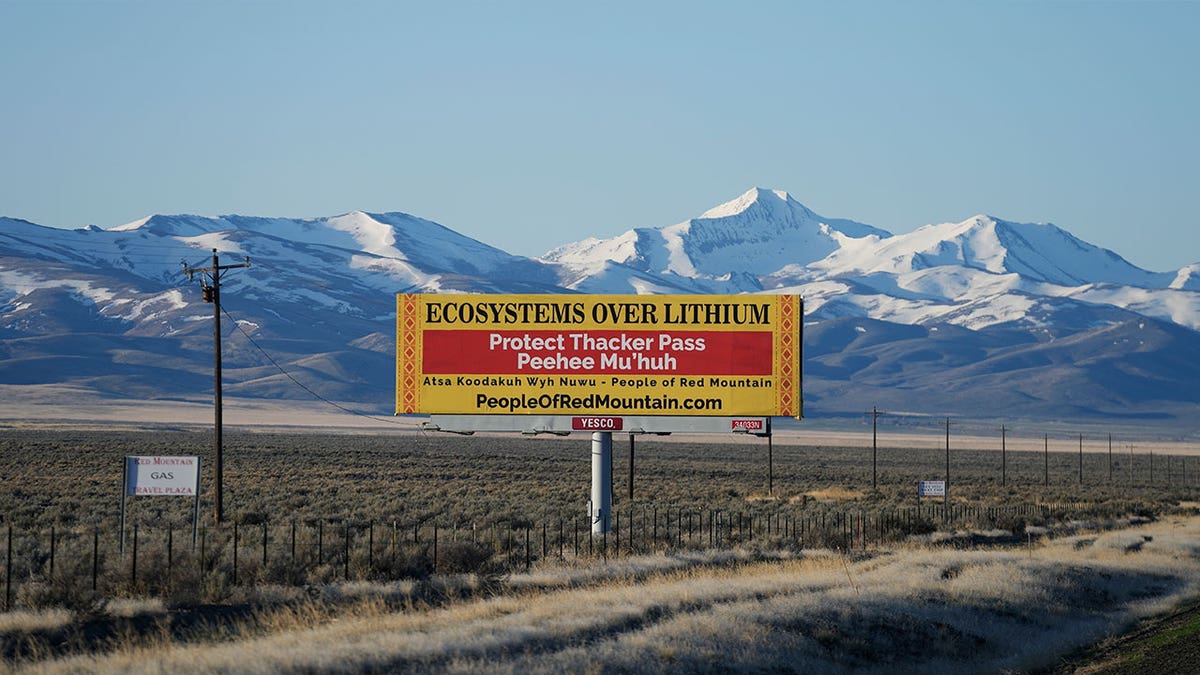A critical legal battle is unfolding over the Thacker Pass lithium mine in Nevada, a project central to President Biden's clean energy initiatives. The 9th U.S. Circuit Court of Appeals is reviewing challenges to the mine, highlighting the tension between the nation's push for electric vehicle resources and environmental and cultural preservation.
This case echoes a previous ruling that halted construction of an Arizona copper mine, raising questions about mining operations across the West. The Thacker Pass mine, located near the Oregon border, is slated to extract lithium, a key component in electric vehicle batteries. Lithium Americas, the Canadian company behind the project, began construction in March, despite ongoing legal disputes.
Several groups, including Western Shoshone and Paiute tribes, conservationists, and a Nevada rancher, are contesting the mine's development. Tribal leaders argue that the mine desecrates sacred land where a massacre occurred in 1865, violating laws protecting historical and cultural sites. Environmentalists warn of potential groundwater contamination and habitat destruction for various species, including sage grouse and pronghorn antelope.

A billboard near the Fort McDermitt Paiute-Shoshone Indian Reservation protests the Thacker Pass mine project. (AP Photo/Rick Bowmer, File)
While the mine received accelerated approval under the Trump administration, the Biden administration continues to support it as part of its clean energy agenda. The administration emphasizes the mine's importance in bolstering domestic lithium production for electric vehicles. Lithium Americas asserts that the Thacker Pass reserves could supply lithium for over 1.5 million electric vehicles annually for 40 years, highlighting the project's potential contribution to meeting national clean energy goals.
The legal challenge centers on the 1872 Mining Law and its interpretation regarding mineral rights on adjacent lands used for waste disposal. A recent 9th Circuit ruling established that companies must prove the presence of valuable minerals on these lands to claim mineral rights. This precedent has prompted a reassessment of the Thacker Pass mine's approval, requiring the Bureau of Land Management to provide further evidence supporting its compliance with the law.
Despite ongoing legal proceedings, construction continues at the site, leading to protests and arrests. Tribal representatives and activists express outrage at the disturbance of ancestral lands. The clash between the demand for lithium and the protection of cultural and environmental resources underscores the complex challenges facing the transition to a clean energy future.
Comments(0)
Top Comments